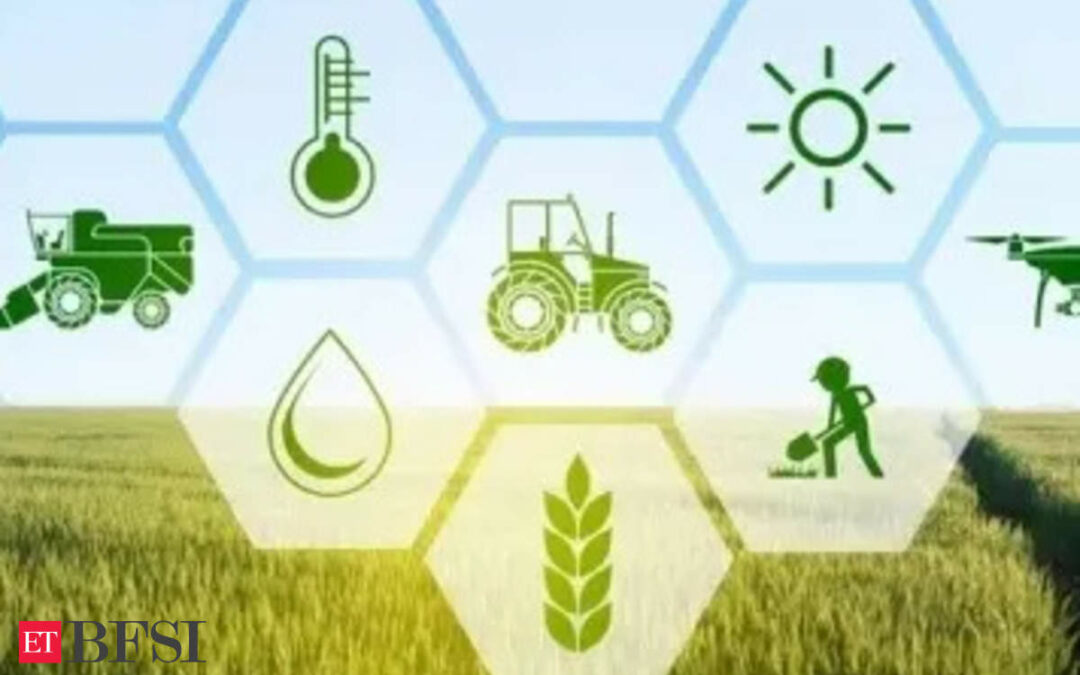The Indian agritech landscape has significant growth potential to emerge as an institutional innovation for bridging the technological gap and the country currently has 19 agritech soonicorns and 40 minicorns, that are embracing emerging technologies like AI and developing innovative business models, according to a new RBI paper.
Although only a single unicorn is identified in the Indian agri-tech landscape, the total number of agri-tech soonicorns (ready to become unicorns) and minicorns is estimated at 19 and 40, respectively, said the paper titled ‘Agri-Tech Startups and Innovations in Indian Agriculture’ by D Suganthi, Jobin Sebastian and Monika Sethi.
A survey of agri-tech startups shows that they benefit from government’s funding support, research and development and state support in the form of digital infrastructure.
India’s agri-tech ecosystem witnessed a huge surge in investor interest, with investments increasing from $370 million in 2019 to $1.25 billion in 2021.
The investor interest moderated thereafter, mirroring global trends.
Global funding to agri-techs reached a peak of $10.9 billion in 2021 and 2022, thereafter moderated sharply to $5.2 billion in 2023.
“As regards the share of agri-tech companies by funding, the US holds the highest share (43.2 per cent), followed by China (14.4 per cent), Canada (12 per cent) and India (8.5 per cent). The Indian agri-tech ecosystem has, thus, garnered a significant share of global funding,” the paper said.
The central government promotes agripreneurship and innovation through initiatives that reduce regulatory barriers, develop innovation-driven infrastructure facilities, and promote active collaboration among entrepreneurs.
“It plays a significant role in building a robust ecosystem for nurturing innovation and facilitating agri-tech mainstreaming by developing agri-stack,” the paper stressed.
Emerging technologies such as the Internet of Things (IoT), big data analytics, artificial intelligence (AI), blockchain, remote sensing, biotechnology, drones, robotics and automation are being employed by several startups.
The policy support rendered by the government in the form of ‘Digital India’, ‘Make in India’, startup funds and accelerator and incubator-support initiatives, further accentuated by opportunities generated during the pandemic, have been essential facilitators of agri-tech startups’ growth.
According to the paper, despite the progress made so far, agri-techs in India face challenges in scaling up their operations. The sustainability of agri-techs is directly proportional to the adoption of modern technologies by the farmers.
“The lack of adequate funding, fragmented land holdings and longer time to revenue matrix are the major factors hindering their growth prospects,” it added.










